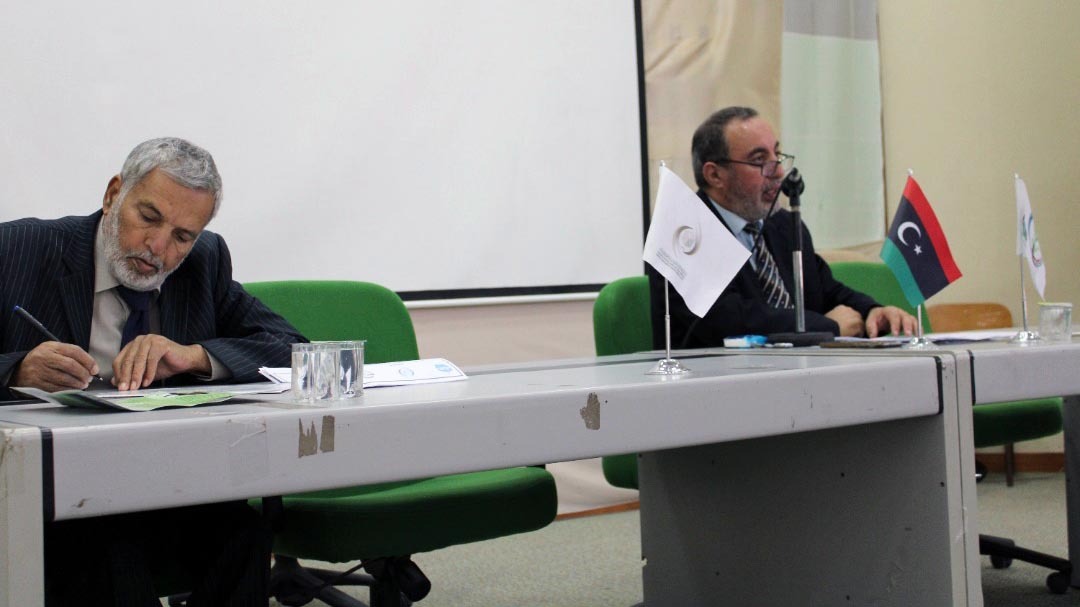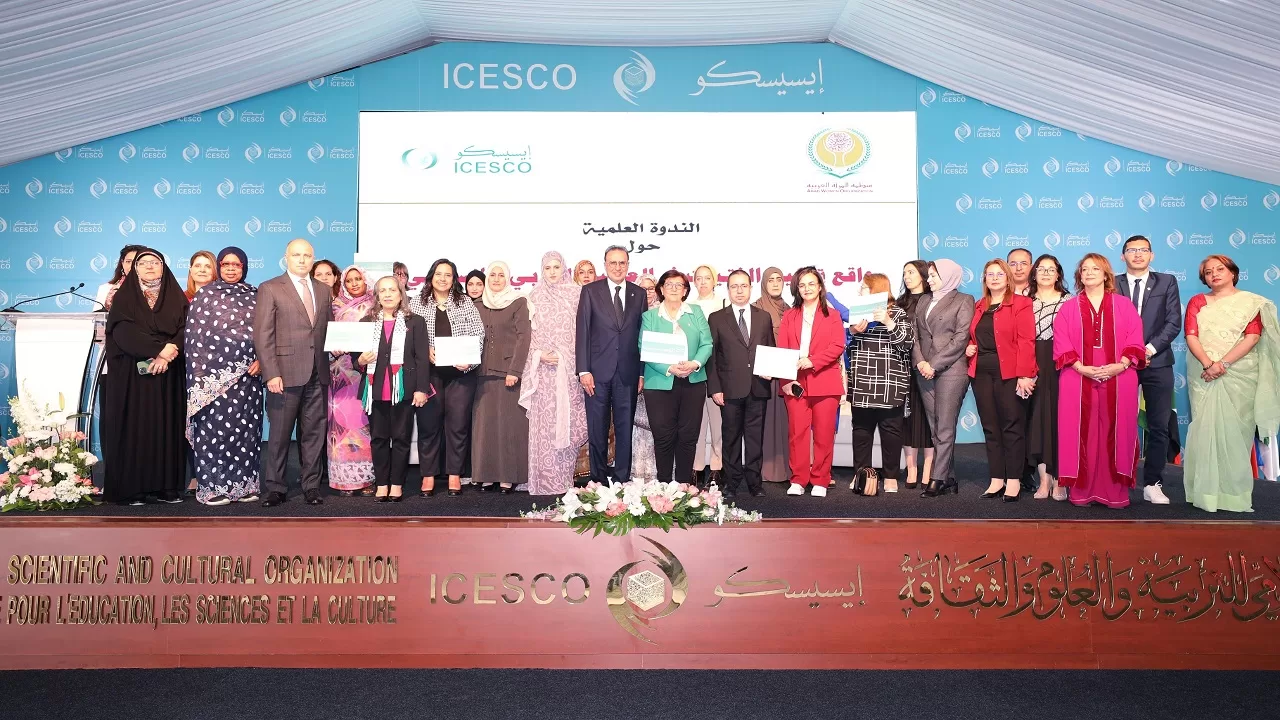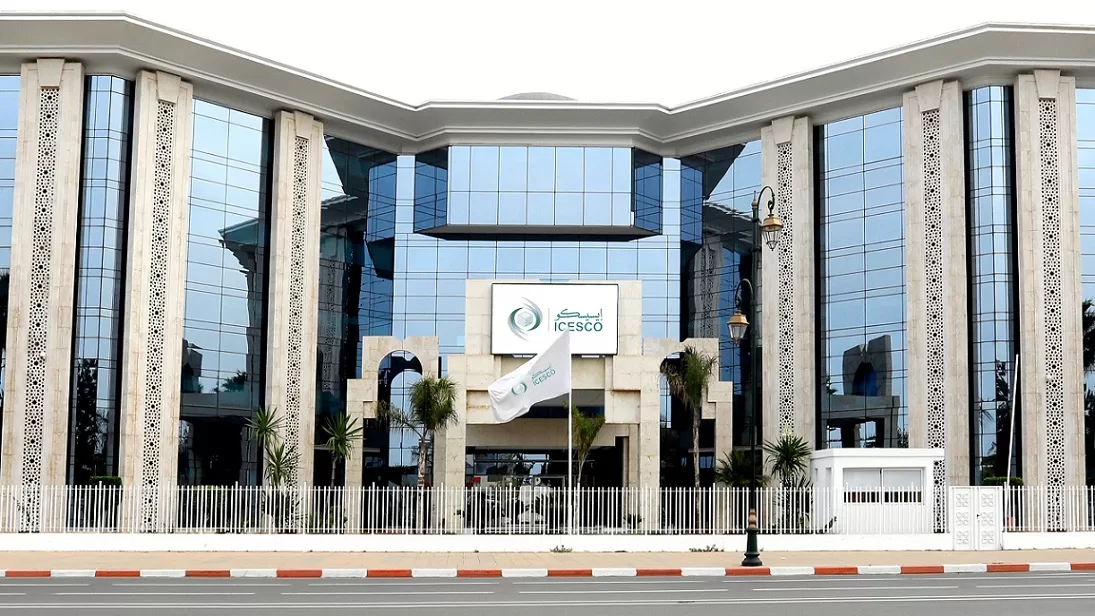
ICESCO Holds Symposium in Libya on Basic Principles of Teachers Training in Religious Education

13 December 2022
The Education Sector of the Islamic World Educational, Scientific and Cultural Organization (ICESCO), launched on Monday, December 12, 2022, the National Symposium: “Basic Principles for Teacher Training in Religious Education: Competence – Performance – Quality” in the Libyan capital, Tripoli, which is being held in cooperation with the National Libyan Commission for Education, Culture and Science, for the benefit of staff working in religious education.
The Symposium, which will last for three days, aims to highlight the religious role in refining students’ and teachers’ minds scientifically, ethically and socially, the need to develop curricula for religious education to improve its quality, capacity building of educational staff to raise their competencies and performance, as well as the development of the role of religious education institutions to restore their scientific, cultural and societal role and their effective participation in reforming and advancing society.
During the opening of the Symposium, several Libyan officials commended ICESCO’s efforts to enhance the educational process and to support its Member States, including the State of Libya. Mr. Faraj AlSuwais, Secretary-General of the Libyan National Commission for Education, Culture and Science, stressed the importance of holding the Symposium, hoping that it will achieve its goals of developing the roles of religious education institutions to promoting a culture of peace and contribute to achieving sustainable development and advancing society.
The Symposium touched upon curricula for developing religious education, raising the quality and competence of its staff, mechanisms for investing information and communication technologies and employing them in teaching religious education, as well as the role of religious education institutions in developing a culture of peace in societies and the participants’ experiences and methods in teaching religious subjects.




